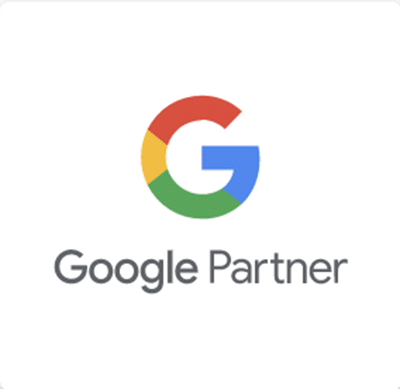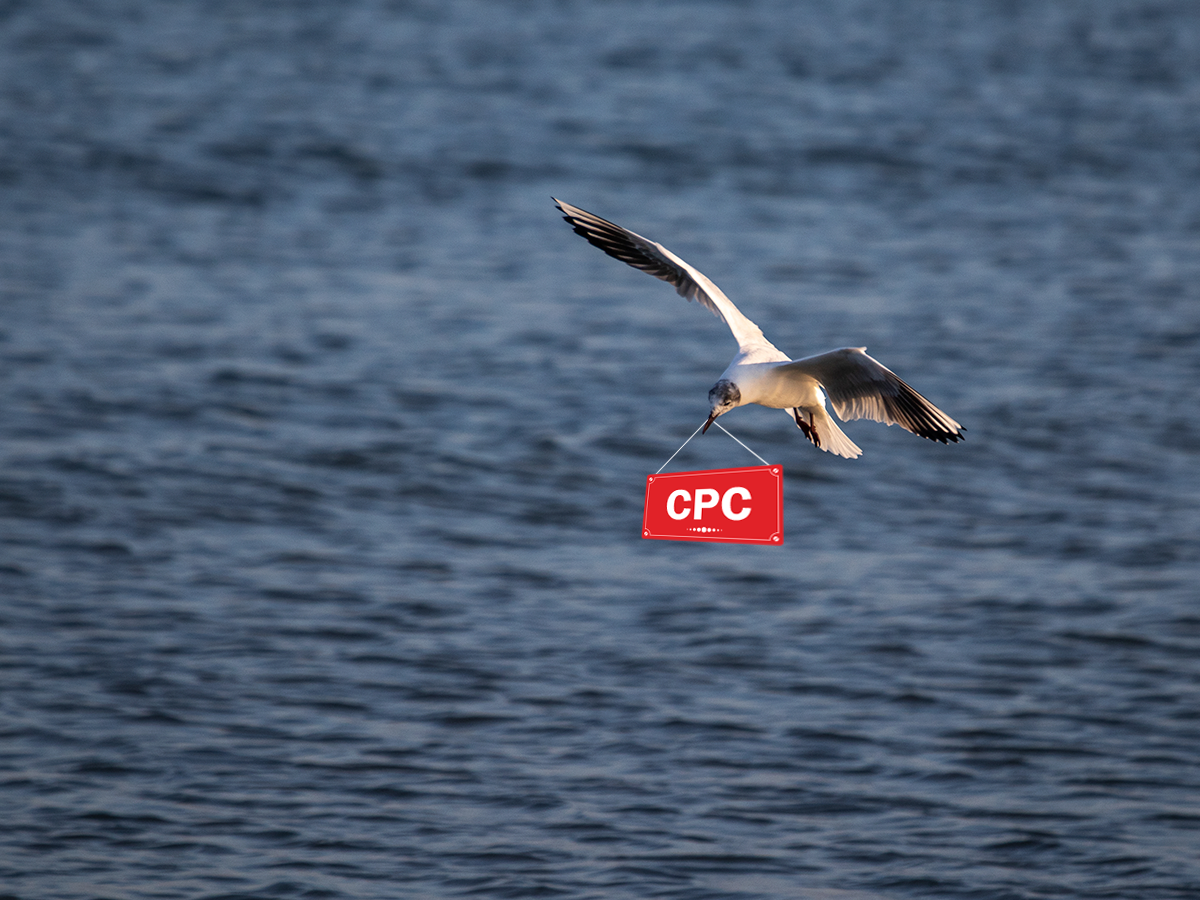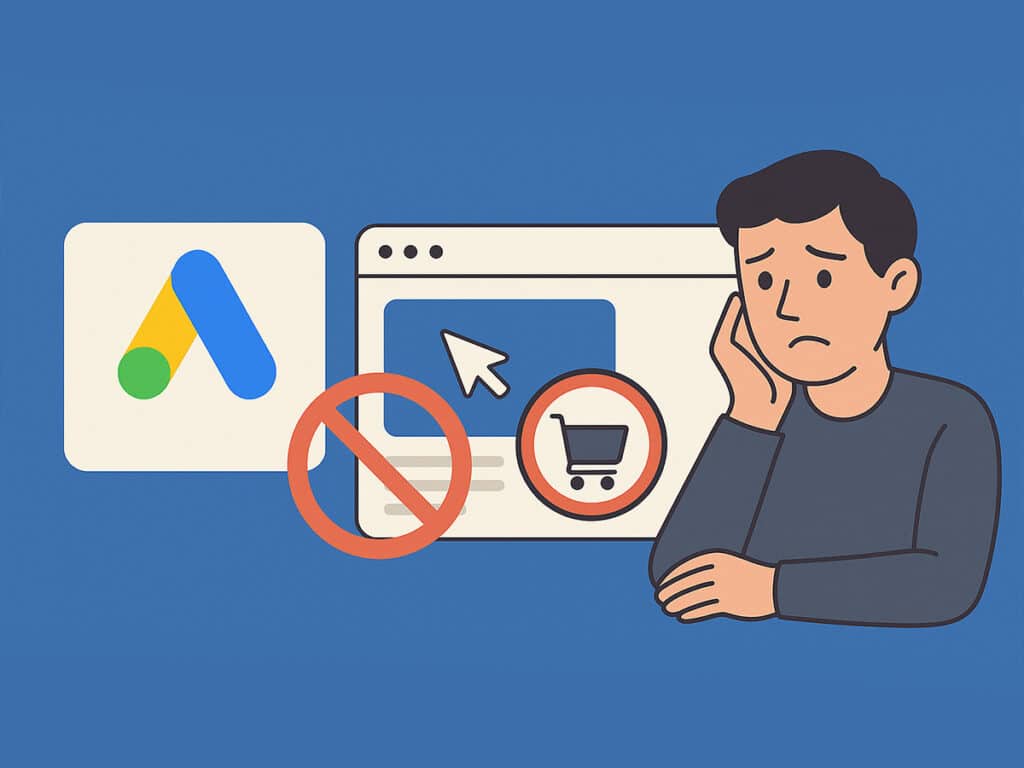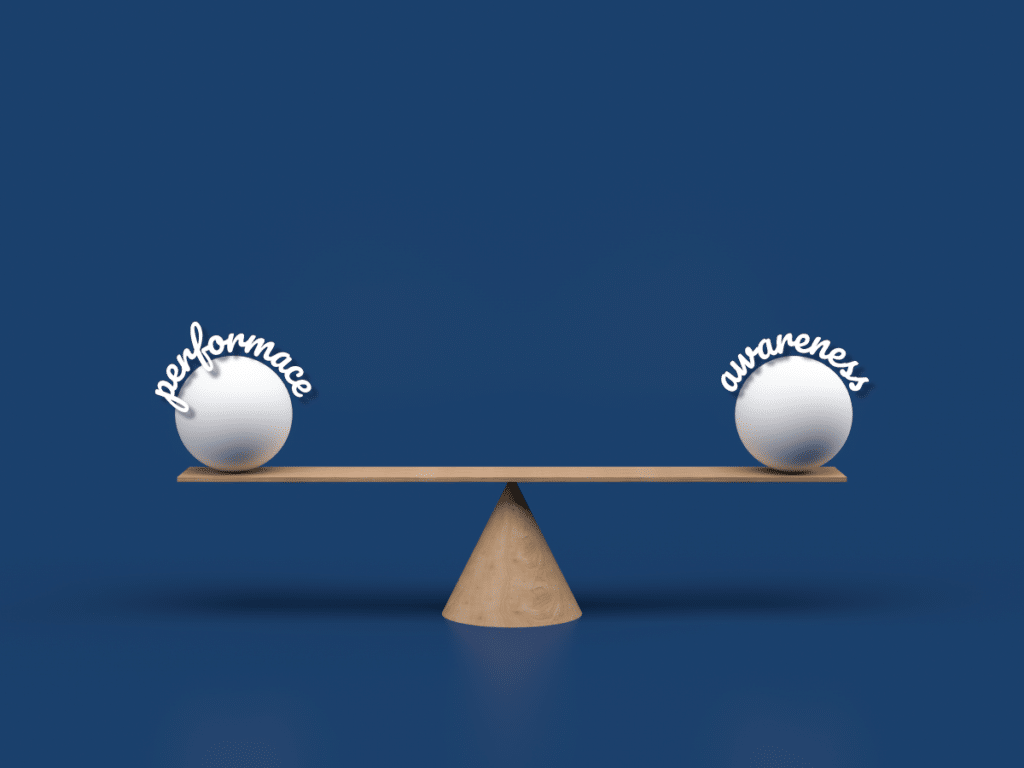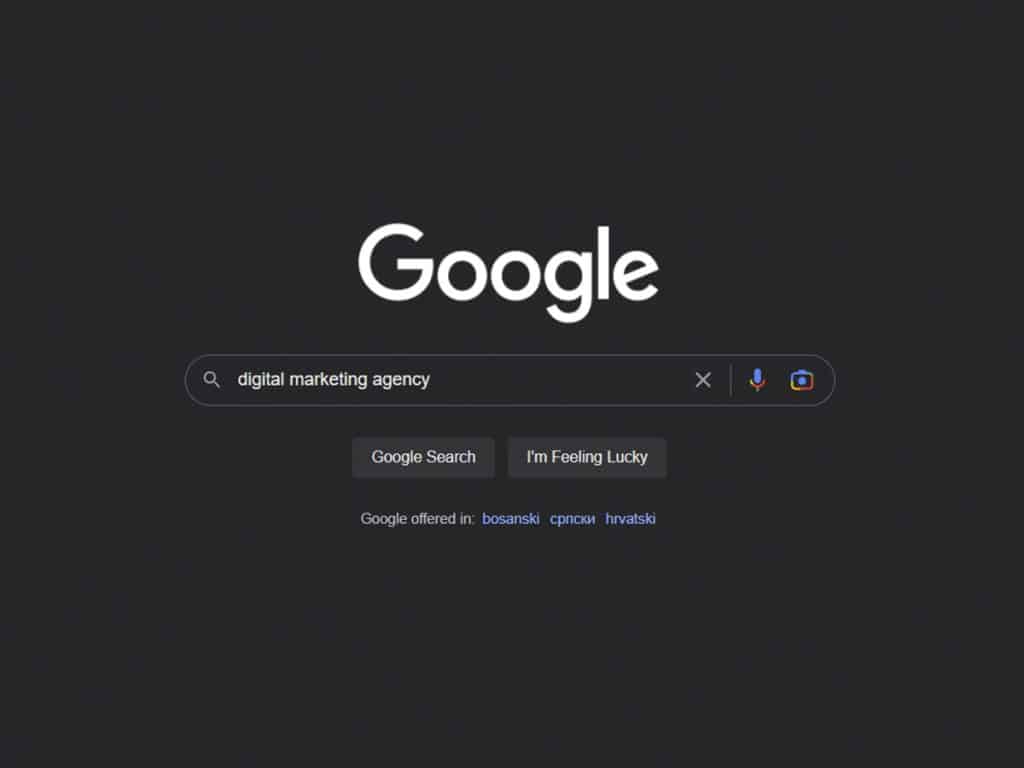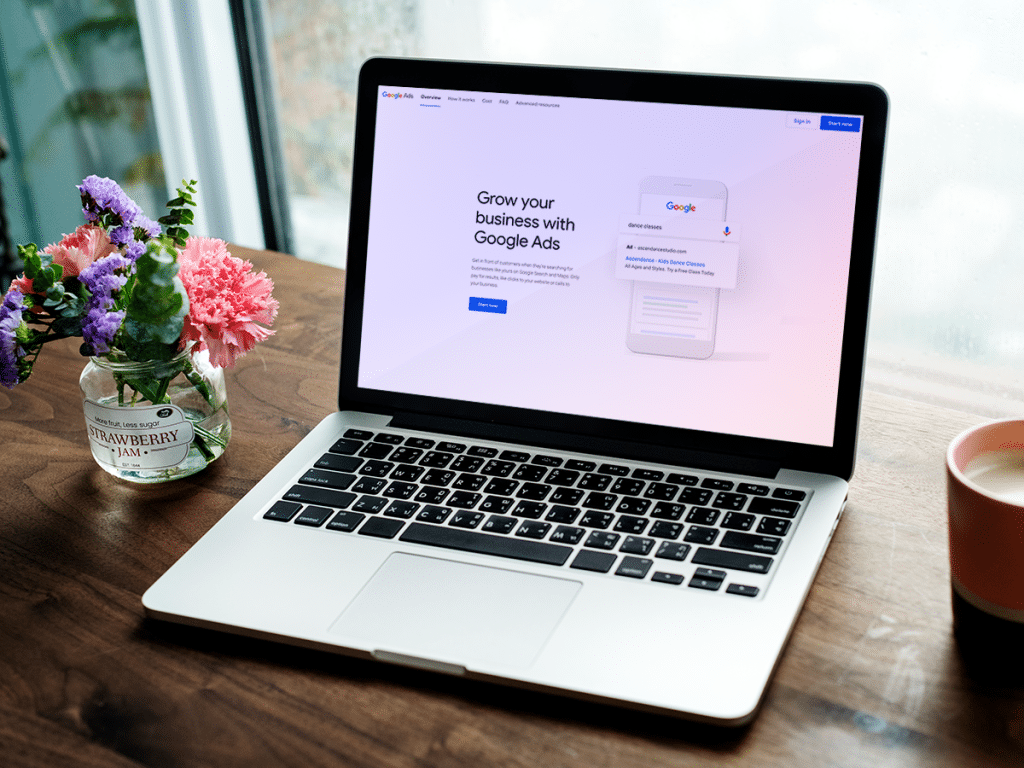Yes, I know that when you read the title, a famous saying comes to mind, and yes, the title is inspired by it. On one occasion, a few of my friends told me that my jokes of this kind are not funny, but I would comfortably assign this one to the category "Classic digital marketing specialist jokes". It is what it is. Maybe I need to choose my audience more carefully. I will justify myself by saying that the joke is a product of my professional deformity, and I will explain to you why.
If you work in the field of digital marketing, CPC is one of the first metrics you come across, and you struggle with it right from the start. In short, for all of you who are just entering the digital world, CPC (short for "Cost per click") is the amount of money you pay when someone clicks on your ad, more precisely the value you get when you divide the total spent campaign budget by by the number of recorded clicks within the same campaign.
For example, if you spent a total of 100 EUR for one campaign, and a total of 500 people clicked on the ads of that campaign, the value of your CPC is 100 EUR / 500 = 0.2 EUR.
Now, why is CPC important and why is there so much trouble about it?
Let's put it this way - we all like to get more of something for less money. In this case, get more clicks for less money. If you understood the formula explained above, then it is clear to you that a higher number of clicks lowers the CPC value, and vice versa.
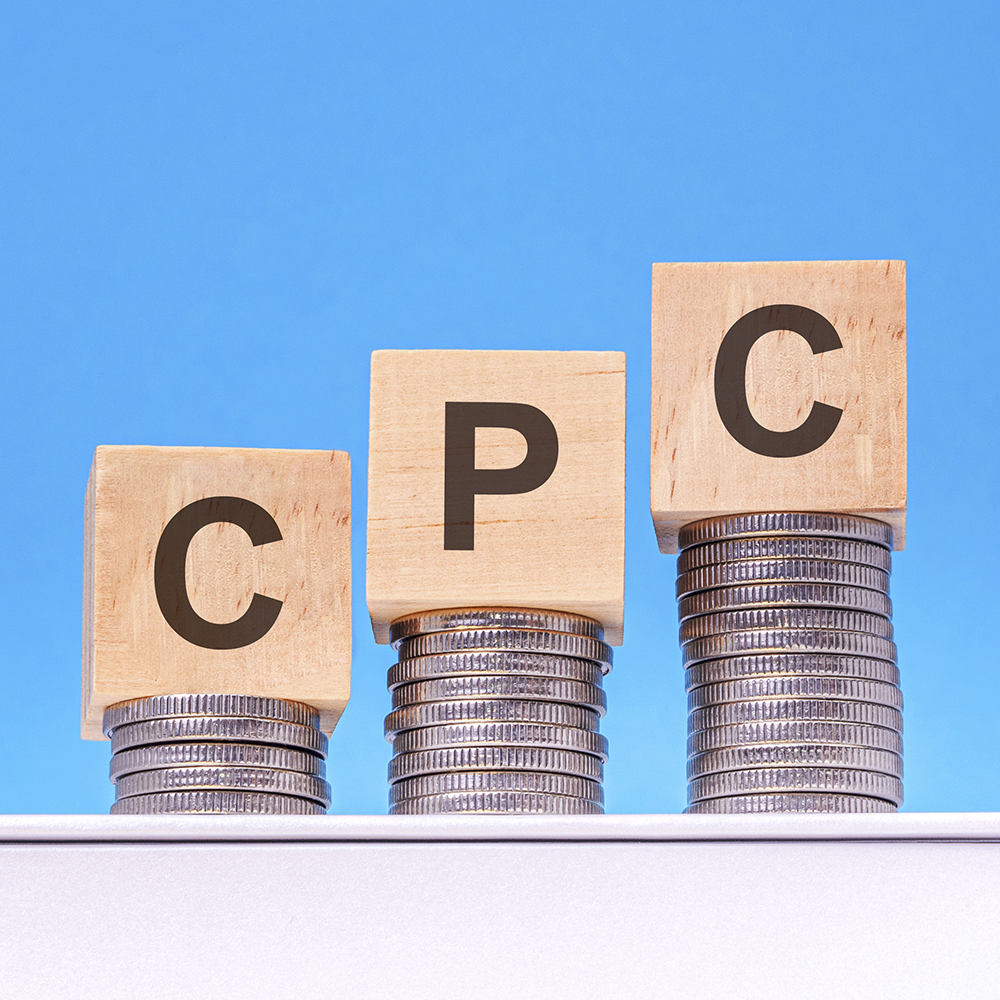
CPC is one of the metrics for measuring the success of a campaign, and we pay special attention to it if the goal of the campaign we are optimizing is brand awareness, reach or traffic (you can read more about campaign goals in one of our previous blogs). A lower CPC means a higher number of clicks on the ad, which means that more people come to the landing page to which the ad leads (visits to the website increase), and you are one step closer to selling your product/service to the visitor.
In an ideal scenario, your campaign would do awesome by itself from the start, more and more people would click on the ads and thus your CPC would decrease (wishes, wishes...). In reality, however, lowering CPC is an integral part of daily campaign optimization in online advertising and it is necessary to invest some time and test different strategies to achieve the best possible result.
Lately, I've been hanging out a bit more with Google Ads campaigns and I have to admit (Facebook, close your ears) that they became very close to my heart, so in the name of that, I'm bringing a few tips for bringing down CPC on these campaigns:
- Pay attention to the ad groups within a single Google Ads campaign - are there any with a significantly higher average CPC? If there is, devote yourself to it first. If the campaign has been running for some time and the other ad groups are performing well, consider pausing the ad group with a high CPC.
- Add a new ad group with a new target audience and test its performance.
- View ads - enter the list of ads and see in the columns how your CPC is moving - compare values and pause ads with high CPC. Also, consider creating a new replacement ad.
- Find out which placement is costing you dearly - if you have set placements for ads, see if there is one that is not of crucial importance to you and has a high CPC. Pause such placements, and potentially add new ones.
- Change the bidding strategy of the campaign - Google allows you to create an experimental campaign where you can test what result a certain change in the campaign would bring. Make it and let it last for a certain period of time. After that, compare the results of the experimental and the original campaign for the period in which both of them were active and leave active the one with better performance and lower CPC.
Try making some of these changes and watch how your CPC behaves.
NOTE: CPC is only one of a series of metrics that I monitor when optimizing Google Ads, Social media or other online paid campaigns, but not the most important one. If your campaign aims to achieve as many conversions as possible, metrics related to conversions (conversion rate, cost per conversion...) will play a greater role when making decisions in the campaign optimization process.
If you are not sure whether you are doing the right thing for your clicks, and you want to achieve a greater number of visits to your website, contact us as soon as possible. You know what they say, better safe than sorry 🙂

